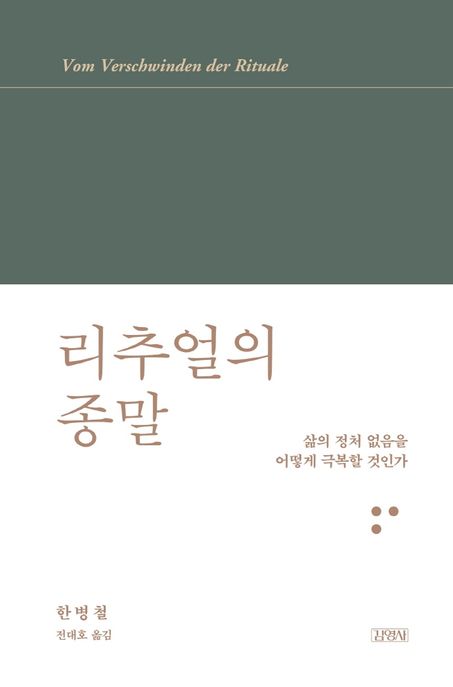
단행본
Comparative peace processes
- 개인저자
- Jonathan Tonge
- 발행사항
- Cambridge : Polity, 2014
- 형태사항
- 228 p. ; 26 cm
- ISBN
- 9780745642901
- 청구기호
- 331.1 T665c
- 서지주기
- Bibliography note: Includes bibliographical references and index
소장정보
| 위치 | 등록번호 | 청구기호 / 출력 | 상태 | 반납예정일 |
|---|---|---|---|---|
이용 가능 (1) | ||||
| 1자료실 | 00016957 | 대출가능 | - | |
이용 가능 (1)
- 등록번호
- 00016957
- 상태/반납예정일
- 대출가능
- -
- 위치/청구기호(출력)
- 1자료실
책 소개
Choice Outstanding Academic Title for 2015
The term i¿½peace processi¿½ is now widely used to describe attempts to manage and resolve conflict. As the nature of conflict has changed, so the range of available tools for producing peace has grown. Alongside a plethora of political actions, there is now a greater international awareness of how peace can be brokered and policed. As a result, peace processes now extend well beyond the actuality of ceasefires and an absence of war to cover legacy issues of victims, truth and reconciliation.
This book expertly examines the practical application of solutions to conflict. The first part analyses various political means of conflict management, including consociational power-sharing, partition, federalism and devolution. The second explores the extent to which these political formulas have been applied - or ignored - in a wide range of conflicts including Bosnia-Herzegovina, Northern Ireland, Israel-Palestine, Lebanon, the Basque Region and Sri Lanka.
Comparative Peace Processes combines optimism with a realist approach to conflict management, acknowledging that the propensity of dominant states to engage in political experimentation is conditioned by the state of conflict. It will be a valuable resource for anyone interested in general theories of political possibilities in peace processes and the practical deployment of political ideas in conflict zones.
The term i¿½peace processi¿½ is now widely used to describe attempts to manage and resolve conflict. As the nature of conflict has changed, so the range of available tools for producing peace has grown. Alongside a plethora of political actions, there is now a greater international awareness of how peace can be brokered and policed. As a result, peace processes now extend well beyond the actuality of ceasefires and an absence of war to cover legacy issues of victims, truth and reconciliation.
This book expertly examines the practical application of solutions to conflict. The first part analyses various political means of conflict management, including consociational power-sharing, partition, federalism and devolution. The second explores the extent to which these political formulas have been applied - or ignored - in a wide range of conflicts including Bosnia-Herzegovina, Northern Ireland, Israel-Palestine, Lebanon, the Basque Region and Sri Lanka.
Comparative Peace Processes combines optimism with a realist approach to conflict management, acknowledging that the propensity of dominant states to engage in political experimentation is conditioned by the state of conflict. It will be a valuable resource for anyone interested in general theories of political possibilities in peace processes and the practical deployment of political ideas in conflict zones.
목차
Introduction
- The Concept of a Peace Process
- Prescriptions for Conflict Management or Resolution
- Peace: Implementation; Maintenance; Reconciliation
- Deadlock: The Palestinian ‘Peace Process’
- Conflict and Confessionalism in Lebanon
- Consociational Triumph: Northern Ireland’s Peace Process
- Confederalism and Consociation in Bosnia-Herzegovina
- ETA’s Slow Defeat: The basque ‘Peace Process’
- When a Peace Process Fails: Sri Lanka
Conclusion
Bibliography
Index



